Category: Plants & People
-
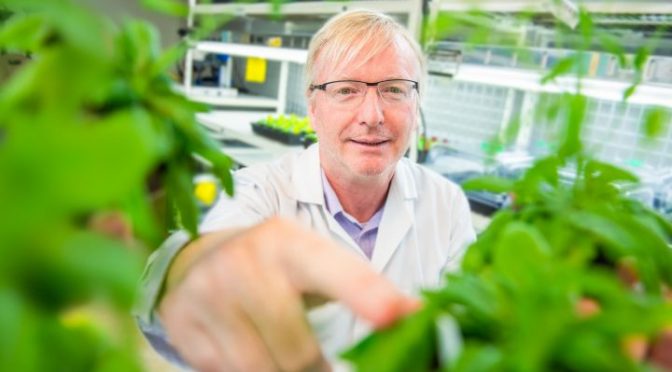
Unwanted Touch: Loving Your Plants Too Much
“The lightest touch from a human, animal, insect, or even plants touching each other in the wind, triggers a huge gene response in the plant,Within 30 minutes of being touched, 10 per cent of the plant’s genome is altered. This involves a huge expenditure of energy which is taken away from plant growth. If the touching is repeated, then plant growth is reduced by up to 30 per cent.” (Click on title for full story.)
-
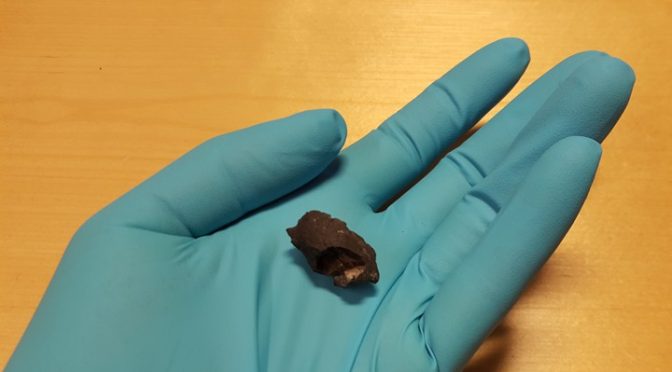
The Stories It Can Tell: Lumps Of Chewed Birch Reveal Stone Age Lives
No one today quite understands how they did it, but people in the Stone Age could turn ribbons of birch bark into sticky, black tar. They used this tar to make tools, fixing arrowheads onto arrows and blades onto axes. And they chewed it, as evidenced by teeth marks in some lumps. These unassuming lumps of chewed birch-bark tar turn out to be an extraordinary source of ancient DNA. (Click on title for full story.)
-
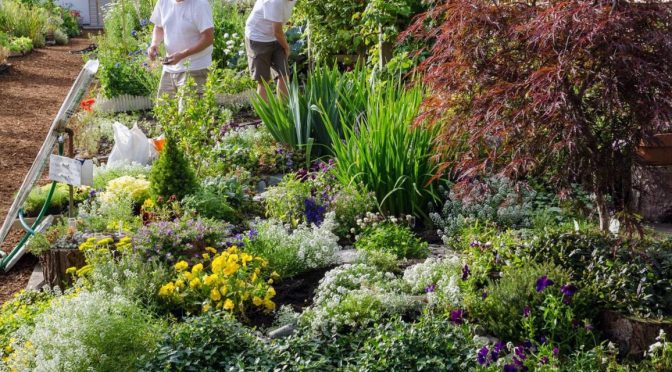
Want To Live To 100? Centenarians Are Found In The Garden
He says there is evidence that gardeners live longer and are less stressed. A variety of studies confirm this, pointing to both the physical and mental health benefits of gardening. (Click on title for full story.)
-
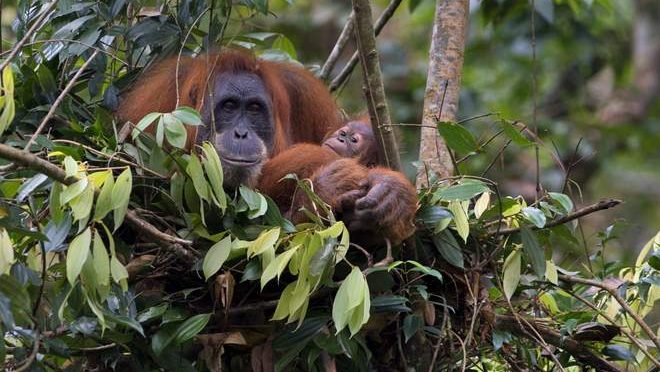
Think You Are Buying Sustainably Produced Palm Oil Products? There Is No Such Thing!
“Our research shows quite unequivocally that, unfortunately, there is no way to produce sustainable palm oil that did not come from deforestation, and that the claims by corporations, certification schemes and non government organisations are simply ‘greenwashing’, useful to continue business as usual,” he added. “No shortcuts: if you use palm oil, certified or not, you are definitely destroying tropical forests.” (Click on title for full story.)
-

Newly Researched Tea Plant Offers All The Benefits Of Tea Without The Drawbacks Of Caffeine
Stripping away caffeine from tea involves either immersing the leaves in carbon dioxide at extremely high pressure or treating the leaves with searing hot water. Although this will get rid of most of the caffeine, it can cause collateral damage to some of the fragile compounds that give tea its benefits. And, as with decaf coffee, which is treated in similar ways, many people argue that it also spoils the flavour. What would be agreeable is a tea plant that provides all the taste and goodness but with little or none of the caffeine. (Click on title for full story)
-
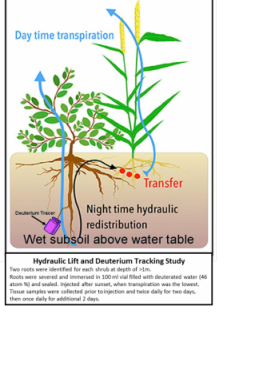
How An Over-Looked African Shrub Might Revolutionize Arid Farming
They found that, at night – when the shrubs weren’t busy with sunlight-dependent photosynthesis – the water drawn from deep underground leaks out through surface roots into the surrounding soil rather than exiting through the leaves. (Click on title for full story.)
-
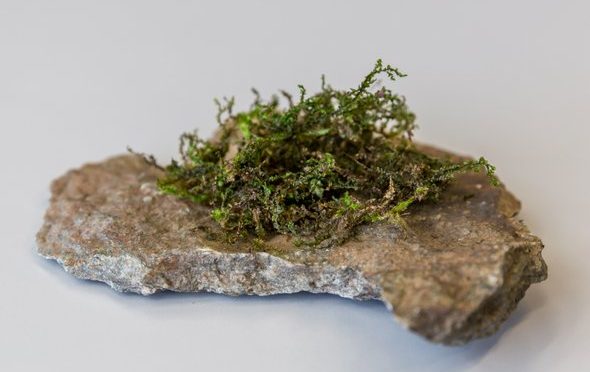
The Overlooked Liverwort That Produces A Cannabis-like Chemical
Why a liverwort, which lives and reproduces quite differently from a plant like Cannabis, would make this molecule remains a mystery. What we now know, however, is the cannabinoid from liverwort and the one in Cannabis are almost exactly the same and have quite similar effects in the mammalian brain. (Click on title for full story.)
-

When Humans First Domesticated Cacao For Chocolate 3,600 Years Ago.
The researchers looked at “the prince of cocoas,” Criollo — rare, flavorful and the first to be domesticated. They found that it was domesticated in Central America 3,600 years ago, but originated in the Amazon basin, near the modern-day border of southern Colombia and northern Ecuador, from an ancient germplasm known as Curaray. Chances are it was introduced to Central America by traders, (Click on title for full story.)
-

Will Planting Trees Around Schools Improve Students’ Academic Performance?
“Early math skills are one of the best predictors of later success, not just in math, but in school in general. So what we have here is a very exciting clue that maybe simply greening—planting trees in school yards—could potentially have a significant impact in math achievement and school success down the line for these kids. And you don’t have to plaster the schoolyard with trees – just bringing schools up to average looks like it could have a substantial effect.” (Click on title for full story.)
-
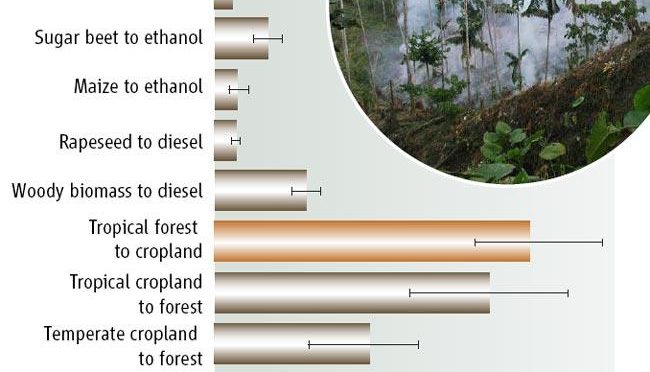
Which Approach Is Better For Limiting Climate Change: Switching To Biofuels Or Planting Forests?
They found that reforestation would sequester between two and nine times as much carbon over 30 years than would be saved by burning biofuels instead of gasoline (see bar chart, right). “You get far more carbon sequestered by planting forests than you avoid emissions by producing biofuels on the same land,” (Click on title for full story.)
